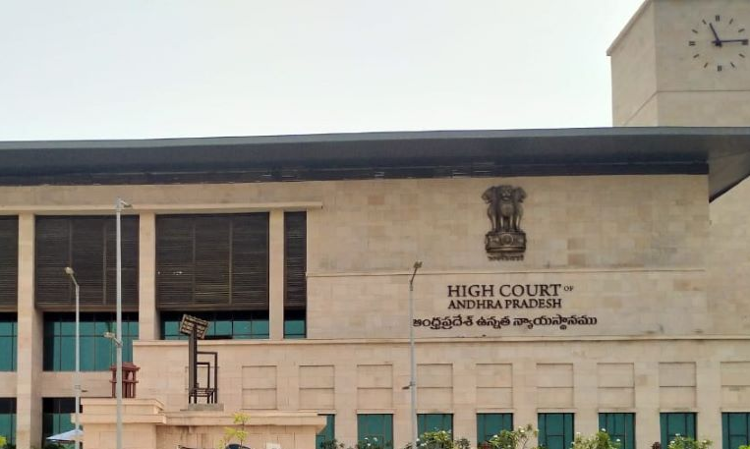The Andhra Pradesh High Court has held that a signatory cannot be made vicariously liable under Section 141 of N.I. Act,1881 in a sole proprietary trading.The petitioner/A2, was the authorized signatory to the sole proprietorship of A1 and had approached the Court by way of a Criminal Revision petition against the orders of the lower Court which had convicted him under sections 138 and 141...

